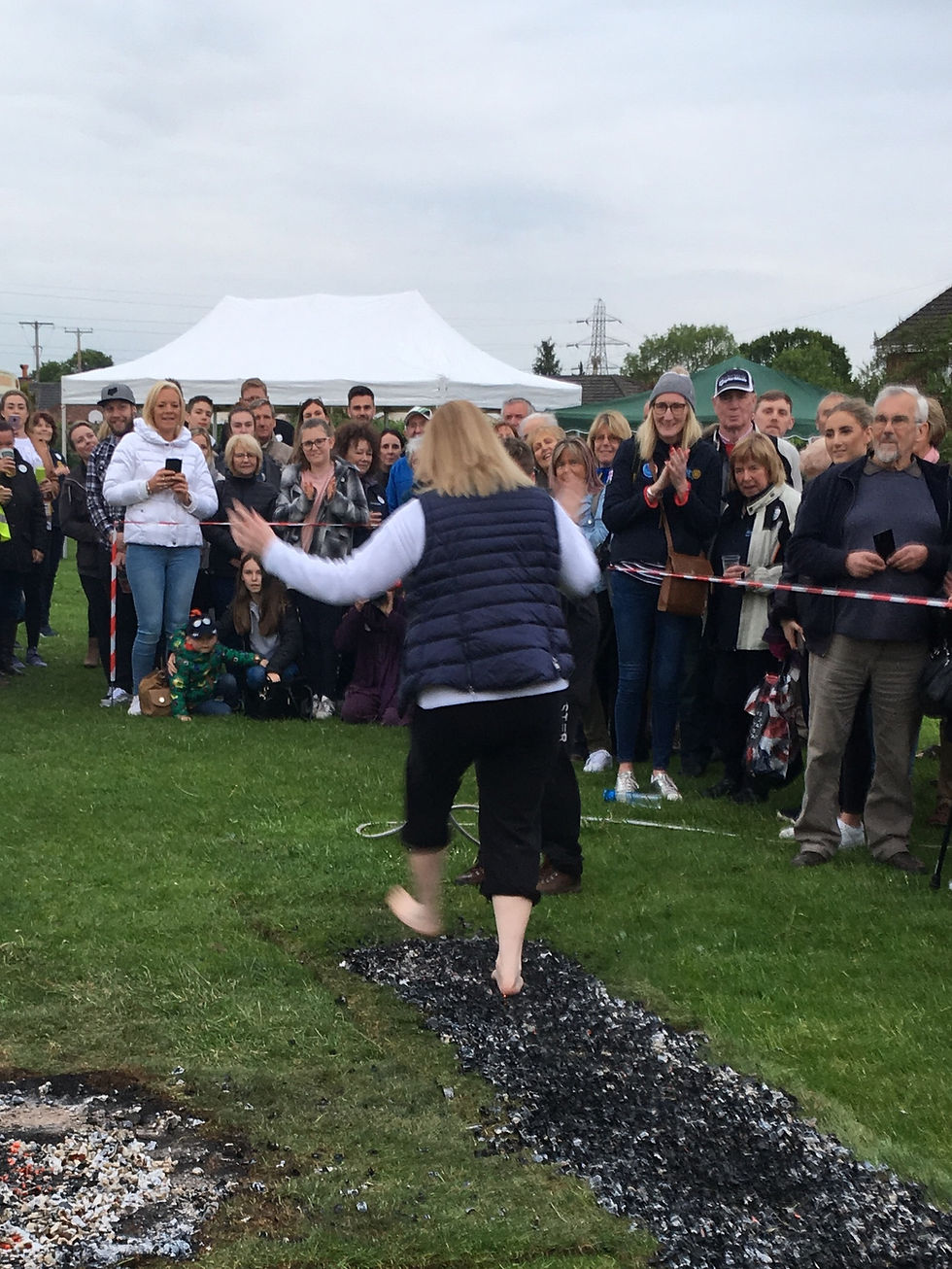Where did the time go?
- wscottpharm
- Jan 6, 2022
- 3 min read
Where has the last year gone? A question many people ask themselves at some point. As you get older the years seem to get shorter and yet we all know that this is not really the case. We look back at childhood summers and remember them being so long. So, what makes us think time has gone quicker? And can we change our perception of the passage of time by using Mindfulness?

Scientists studying the mind’s perception of time have found that our minds compartmentalise experiences over time. Our experiences, or memories, may be ‘chunked’ together, so we feel we have done less.
For example, a little boy and his Dad go to the park. On their return home, Mum asks, “Where have you been?” The Dad replies, “We went to the park”. But the little boy replies with a stream of things that he saw and did at the park, “I splashed in a big puddle! We saw some yellow flowers! A dog came near us and wagged its tail! An aeroplane went over our heads! We saw a man with a funny hat! “.
So, the little boy is aware of all these different, new experiences, making the day feel full. Whereas, the Dad has no new experiences and his mind “chunks” the whole afternoon into just one memory “We went to the park”. The more we group experiences, the less experiences we seem to have, and therefore the mind “feels” like less has happened. The less we feel has happened, the faster time seems to have gone as we have not “done” as much.

You may wonder where Mindfulness can come into play here. It really is as simple as noticing the present, which is the fundamental principle of Mindfulness. When you pause for a moment, you give your brain change to notice things again. So instead of just waiting for a bus, you give your mind chance to notice things and have new experiences; look up at the clear blue or heavy grey sky, watch the rain-drops causing ripples in a puddle, notice the smell coming from a nearby restaurant. You have now had several experiences in the space of a few seconds, filling your mind with new experiences giving the perception that you have done more, accomplished more.
Scientists have also researched the role that our emotions play in noticing the passage of time. We are all familiar with the saying “Time flies when you’re having fun” and have felt time drag when we’re doing something tedious. Studies have shown that when we are in a good mood or our attention is taken, that time seems to pass quickly, whilst depression, boredom or mind-numbing tasks seem to slow the passage of time. This is thought to be linked to the mind’s awareness of the passage of time. If you’re happy and busy, you don’t notice the time passing, but when you are feeling low or bored there is not much to occupy you except watching the clock.
Just think about this past year. 2020 was a year like no other. For some it has dragged - lack of social interaction and new experiences made boredom set in. But for others, for example, the key worker putting in 12 hours shifts, home-schooling and keeping an eye out for their elderly neighbours, has not had a second to themselves to think, and may view this as the quickest year ever.
At the end of the day it is all about perception, and how the individual sees their time. Can we change this? It has been suggested that we can. By living more in the moment, we can concentrate on the smaller things in life that can make our days “feel” fuller. The simplest way to practise this is by doing Waking Mindfulness; just pausing for a moment to notice the present and appreciating what is around you (like in the bus stop example). For details of other mindfulness methods join in one of our sessions.











Comments